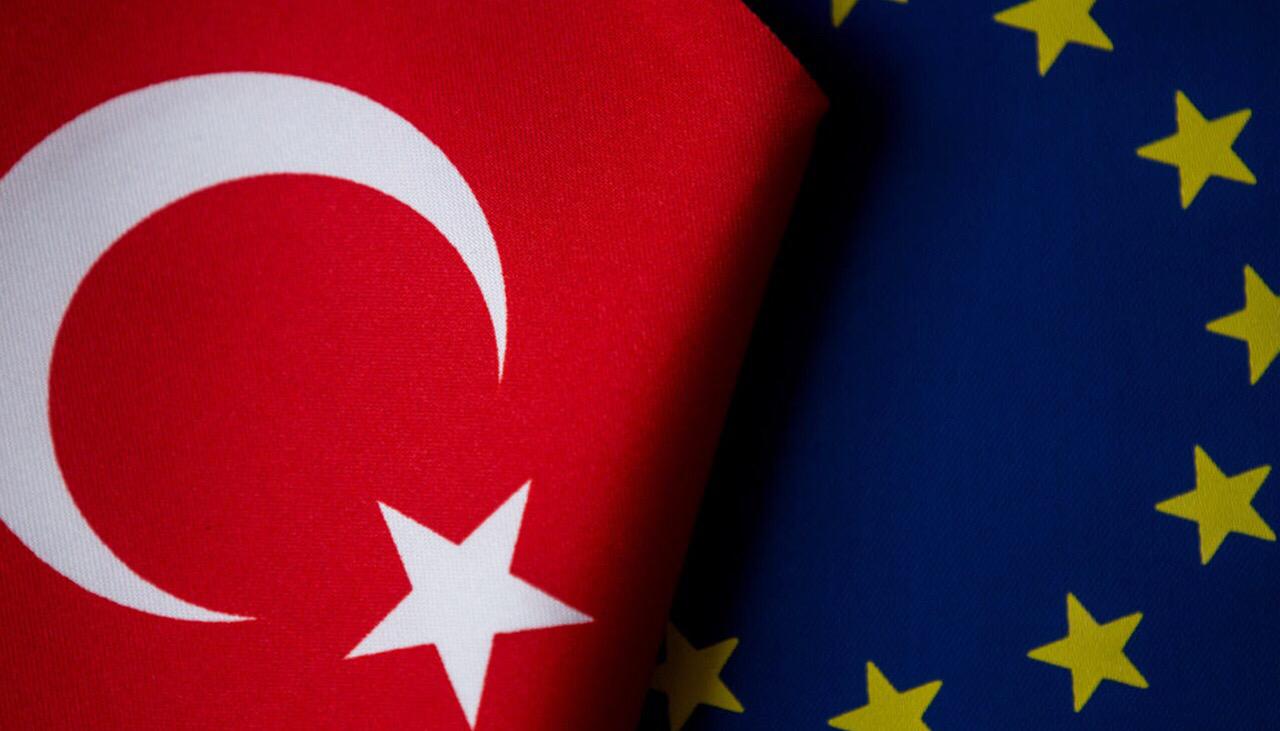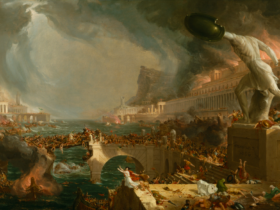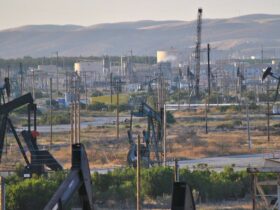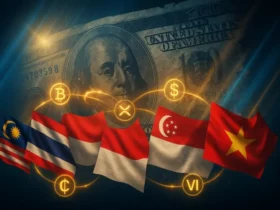United World International author Mehmet Perinçek gave an interview to the Azerbaijani site Caliber.Аz about the Turkish-EU relations. We present the interview, published in Azerbaijani Turkish, to our readers translated into English.
According to diplomatic sources, the results of the meeting of the EU General Affairs Council, which took place on December 12 and was devoted to issues of Commonwealth enlargement, were discussed, as well as the results of the EU Summit organized on December 14-15.
The head of Turkish diplomacy called it incorrect that, contrary to expectations, at the EU summit last week there was no discussion of the Joint Statement on Türkiye-EU relations prepared by the European Commission and EU High Representative for Foreign Affairs and Security Policy Josep Borrell, and consideration of the document was postponed to the next summit.
Fidan said that the EU should take a fairer and more sober position towards Ankara. In a world where global challenges are escalating, the EU needs to act strategically and improve relations with Türkiye, the Turkish minister said.
Ankara expects the EU to take concrete steps as soon as possible on issues such as updating the Customs Union, expanding cooperation in the field of investment and ensuring visa simplification with Türkiye, added Hakan Fidan.
The Turkish minister’s bewilderment can be understood, especially since Ankara and Athens have recently taken significant steps to restore relations (signed a declaration of good neighborliness), and it was their differences that previously formed one of the foundations of friction between Türkiye and the EU.
The question is: what is the reason for the European Union’s continued delay in resolving the pressing issues that Fidan has long identified? How can we overcome this impasse? What should the parties do to achieve this?
Turkish political scientist, Doctor of Historical Sciences Mehmet Perinçek answered these questions to Caliber.Az.
As Mehmet Perinçek said, firstly, it must be emphasized that talk about Türkiye’s possible accession to the EU is a chimera and a big deception.
“The EU will not accept Türkiye because it is a huge country with a huge population that Europeans cannot assimilate. Türkiye has a completely different culture. And the EU is a union of Western Christendom. Türkiye does not belong to this world and this culture, so Europeans believe that they will not be able to convert such a large population to themselves,” says the expert.
On the other hand, he noted, the accession process itself is also a trap for Türkiye. The Europeans are making sure that Türkiye stands at the doors of the EU, does not leave from there towards Eurasia, but cannot pass through their doors either.
“In this way, the EU distracts Türkiye’s attention from Eurasia. Because in Brussels they know that Türkiye can move away from the Western world and begin to cooperate with its current and potential partners in Eurasia, against the plans of the West.
And by standing at the door of the EU, the Western world is weakening Türkiye’s statehood. It is not without reason that each time they set new conditions supposedly necessary for the admission of Türkiye, thereby violating its normal life and state interests. They inspire, impose new laws and international treaties. That’s why it’s a trap. This makes it easier for them to resist Türkiye in various regions of its presence,” Perinçek believes.
In fact, Türkiye has become a target for the Western world; conflicts with European countries are visible everywhere, he says.
“The Europeans support the Kurdish separatists. The EU has become a nest for PKK terrorists as well as Gülenists. This is also the reason why Türkiye’s accession to the EU is not promising. That is, even if it is accepted there, it will not be able to protect its interests while inside the union.
There are contradictions and confrontation with the EU on issues of the Eastern Mediterranean, the situation in Syria, and the South Caucasus. Europeans support Armenia against Azerbaijan. They support Kurdish separatists. They support Greece in its claims, they support Southern Cyprus against Türkiye and against Northern Cyprus. And Türkiye can neutralize all these threats only in cooperation with Eurasian countries – therefore, it has prospects with them.
This means that Türkiye must abandon this chimera, a trap called the EU accession process. It must decisively take its place in Eurasia. This way it will be able to solve its security problems and its economic problems. Now even Western experts admit that the center of economic activity is moving from the Atlantic space to the Eurasian space,” Perinçek said.

















Leave a Reply